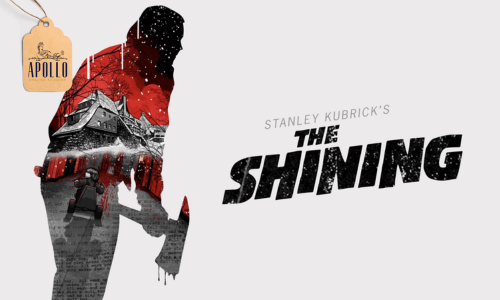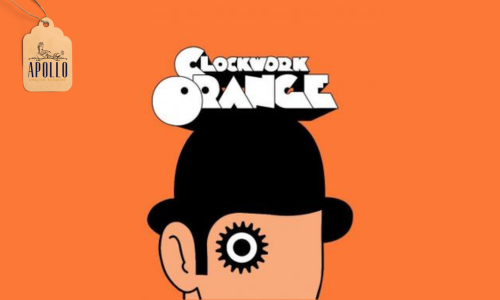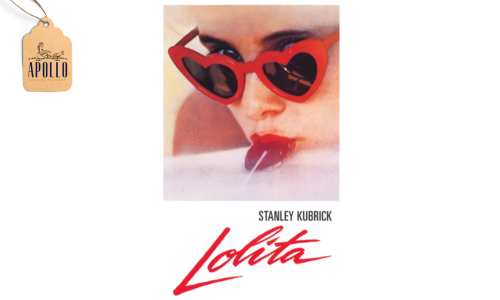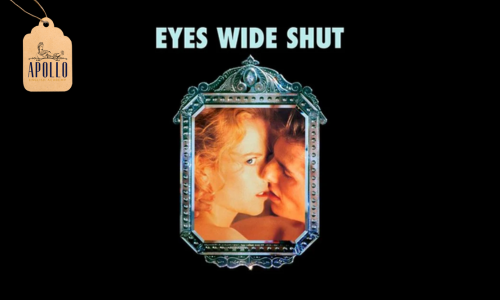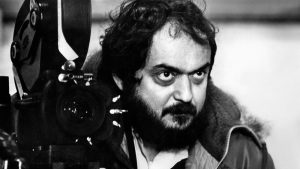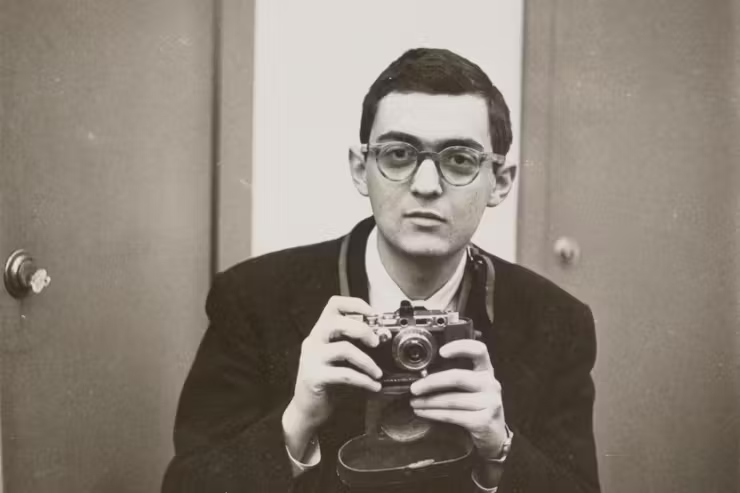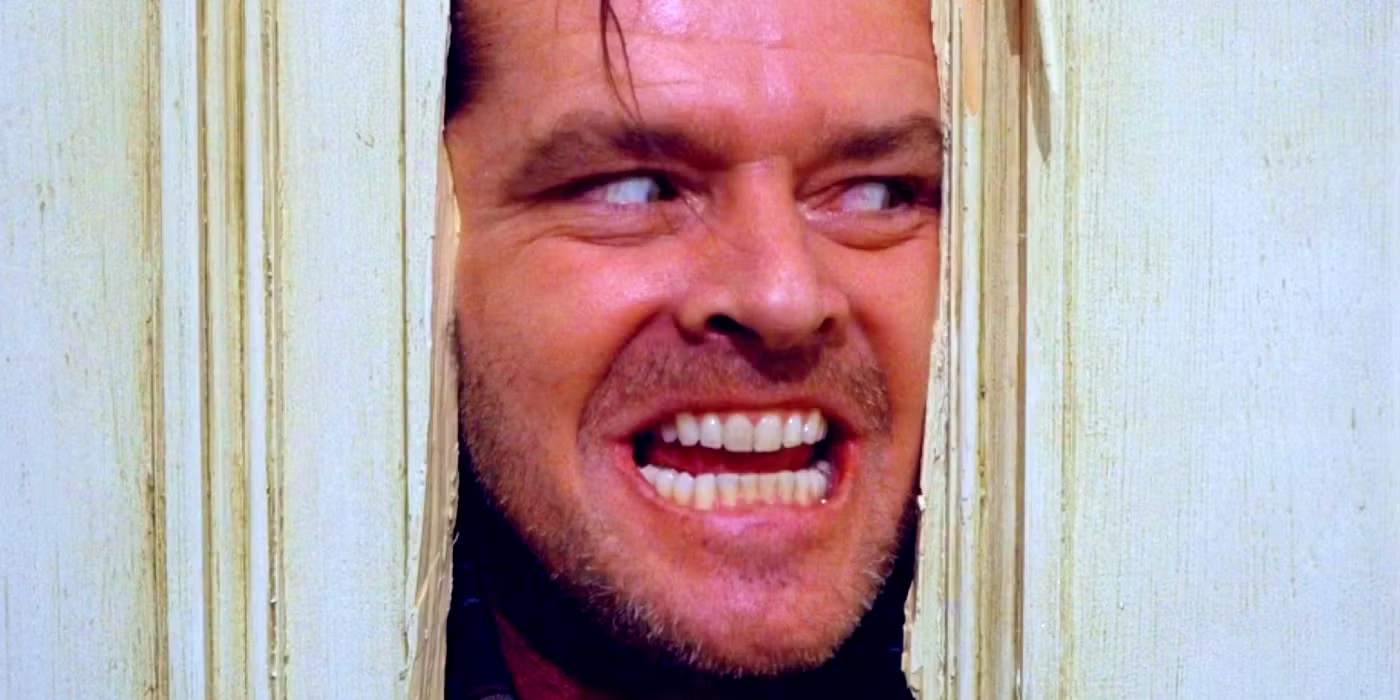Introdução
Todo ano, o Kubrick Day é a desculpa perfeita para a gente celebrar uma das mentes mais brilhantes da história do cinema: Stanley Kubrick. Conhecido por sua atenção obsessiva aos detalhes, estilo visual único e histórias que mergulham fundo na psicologia humana, Kubrick não era só um diretor. Ele era um verdadeiro mestre da linguagem — tanto visual quanto verbal. Os filmes dele não só deixaram um legado eterno no cinema, mas continuam a inspirar cineastas e, pasme, até curiosos que estão aprendendo inglês pelo mundo afora. Venha descobrir como esse gênio das telonas pode ser seu novo professor de inglês!
📖 Aqui você encontra…
clique para verNível: B1
Objetivo: Celebrar Stanley Kubrick, explorando sua genialidade como diretor e sua maestria no uso da linguagem, e conectar sua obra cinematográfica ao aprendizado de inglês, destacando a importância do vocabulário, do tom e da compreensão emocional para a fluência.
Tópicos gramaticais abordados nesse texto:
- Present Simple: Para descrever características de Kubrick e seus filmes, e fatos gerais (“Kubrick wasn’t just a director”, “His films are cinematic masterpieces”).
- Past Simple: Para narrar a trajetória e feitos de Kubrick (“He began as a photographer”, “he revolutionized it”, “he demanded 127 takes”).
- Vocabulary for Cinema & Psychology: Termos como director, visual style, psychological storytelling, cinematic masterpieces, dialogue, tension, emotional realism.
- Phrasal Verbs e Expressões: “build tension”, “reveal character”, “explore darkest corners”, “pick out new words”.
- Conectivos de Causa e Efeito/Contraste: Para ligar ideias e argumentos (“not because of what is said, but how it is said”, “Despite setting… he filmed it entirely in…”).
- Uso de Citações: Exemplos de falas icônicas de seus filmes.
Escute aqui a transcrição:
Easy
Advanced
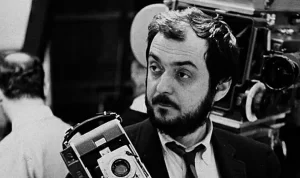
What Stanley Kubrick’s Films Can Teach Us About Language
Every year, Kubrick Day gives us the perfect excuse to celebrate one of the greatest minds in cinema history: Stanley Kubrick. Known for his intense attention to detail, unique visual style, and deep psychological storytelling, Kubrick wasn’t just a director. He was a master of language, both visual and verbal. His films have left a lasting legacy in cinema and continue to inspire not only filmmakers but also curious learners of English around the world.
More Than Movies: A Lesson in Language
Kubrick’s films are cinematic masterpieces, yes — but they are also rich linguistic resources. His dialogue choices are never random. Characters speak with precision, subtlety, and emotion. Watching a Kubrick film is not just about enjoying a great story. It’s about observing how words are used to build tension, reveal character, and explore the darkest corners of the human mind.
Take 2001: A Space Odyssey, for example. HAL 9000’s calm and polite voice saying, “I’m sorry, Dave. I’m afraid I can’t do that,” is one of the most chilling lines in film history, not because of what is said, but how it is said. That tone, that delivery, that vocabulary, it’s English learning at its finest.
The Mind Behind the Camera
Stanley Kubrick wasn’t born into cinema. He began as a photographer for Look magazine at just 17 years old. His love for composition, light, and storytelling led him naturally to the world of film. And once he got there, he revolutionized it. His films were known for their visual symmetry, long takes, complex characters, and thought-provoking dialogue.
Interestingly, Kubrick hated flying. Despite setting Full Metal Jacket in Vietnam, he filmed it entirely in England. That tells you just how far he would go to stay in control of every aspect of his production. In The Shining, he demanded 127 takes for a single scene with Shelley Duvall, a brutal record that reflected both his perfectionism and his obsession with emotional realism.
Vocabulary, Emotion, and Expression
Kubrick’s scripts aren’t just written, they are crafted. The words are layered with irony, fear, sarcasm, and philosophy. If you’re learning English, his films give you more than just vocabulary practice. They help you understand how tone, pacing, and emotion shape communication. His characters are often complex and contradictory, using language to manipulate, to persuade, or to confess. Watching how they speak — and why they speak the way they do — sharpens your listening and critical thinking skills. And if you’re brave enough to pause the film and write down a line or two, you’ll find incredible phrases to study and use.
Kubrick’s Cultural Influence
Kubrick’s impact didn’t stop at the movie theater. His ideas have echoed across pop culture, literature, and even music. Films like Blade Runner, novels like Wuthering Heights, and directors from Ridley Scott to Christopher Nolan owe him a creative debt. He wasn’t just making stories, he was asking questions.
Who are we? Why do we fear? What drives our darkest desires?
These are universal questions — and the English language is a powerful tool for exploring them.
A Fun Fact Twist: The Mandela Effect
Speaking of Kubrick’s influence on the mind, here’s an unexpected connection: many people mistakenly believe that the famous line from The Shining is “Here’s Johnny!” being shouted over and over. In truth, the line was improvised by Jack Nicholson, and its unexpected popularity is one of many examples of the Mandela Effect, where large groups of people misremember cultural facts. It’s a fun and spooky reminder of how language, memory, and pop culture collide.
Lights, Camera, Language!
At Apollo Academy, we believe language learning should be as unforgettable as a great movie. That’s why we love using film, music, and pop culture to bring English to life. Stanley Kubrick’s movies are more than artistic experiences, they’re challenges to observe closely, listen deeply, and understand fully. So this Kubrick Day, why not watch a scene from A Clockwork Orange or 2001: A Space Odyssey with subtitles on? Pick out new words. Imitate the characters. Write your own version of a scene. Language is about storytelling and Kubrick is one of the best storytellers there ever was.
Pronto para transformar sua jornada no inglês em uma experiência cinematográfica?
Junte-se à Apollo Academy e aprenda inglês com a magia das histórias. Seja você fã de suspense, ficção científica ou drama psicológico, sempre há uma lição escondida em cada fala, e nós vamos te mostrar como encontrá-la.
Venha começar seu próximo ato com a gente hoje mesmo!
Which Stanley Kubrick’s Film Matches Your Personality?
Have you ever wondered if your inner self aligns with the chilling solitude of a haunted hotel or the mind-bending journey through space? Take this quiz to find out which iconic Stanley Kubrick film best describes you! It’s going to be wild, so buckle up!
Your personal motto might be...

Your favorite way to express yourself?

What kind of music do you listen to?

If you found a mysterious object, what would you do?

What's your approach to rules and authority?

Your biggest fear is...

What's your go-to outfit for a special occasion?

Your ideal vacation spot?

How do you react to unexpected problems?

What's your ideal Friday night?

